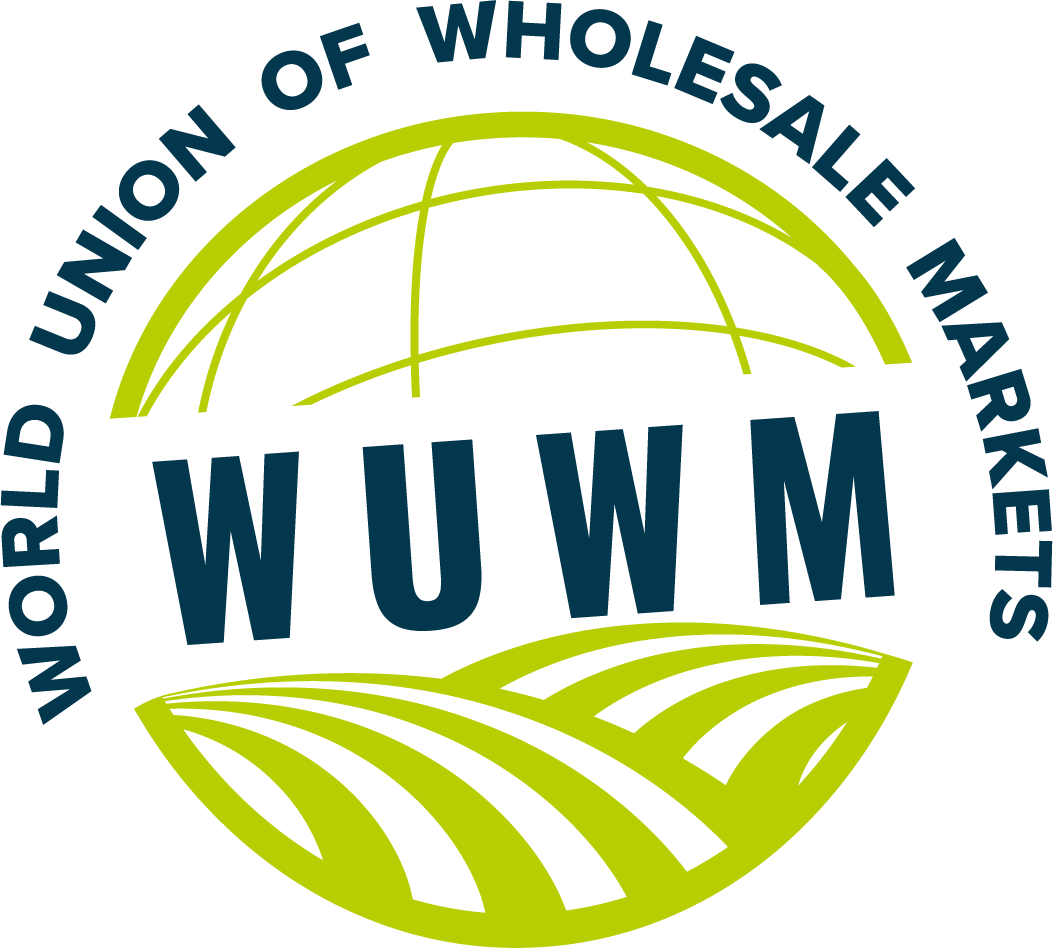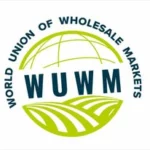Executive summary:
During the WUWM Conference in Barcelona experts discussed best solutions in the areas of waste management. Practices such as new pricing policies for food waste, or incineration plants where part of the waste is reused to heat the market were identified as examples and to be adopted by members. In addition, attendants discussed the need for energy efficiency. Highlighted was the use of energy audits to identify areas for energy saving. The conference also touched base on the improvements made by the industry to reduce emissions and make use of renewable energy. Wholesale and retail markets have an important role to play in achieving a sustainable circular economy and members were urged to continue their transition to resilient and sustainable markets.
The key outcomes of this meeting are:
- As to the example of wholesale market Rungis in France, WUWM encourages eco-responsible solutions such as:
- New pricing policies for food waste processing of Market operators. These measures will affect all market waste and will also reduce the food waste of still consumable food products
- The use of clean and sustainable logistics. The encouragement of all service providers to be equipped with electric vehicles.
- Break in goods stock in city centers to enable customers to benefit from nearby storages
- Energy audits to identify fields of energy savings
- Incineration plants, where part of the Market waste is reused to heat the market
- Optimize waste collection points for waste sorting
- Organizations and managers need to be aware and capable of dealing with modern challenges. WUWM members cannot develop business strategies for the 21st century with 20th century organizations and managers. Therefore, business models need to be constantly adjusted
- Continuous adaptation to changes in the environment: new habits and preferences, technological changes, movements of competitors or in distribution channels, geopolitical and socioeconomic changes, etc.
- An institutional strategy is the umbrella that integrates the three main aspects for the success of any organization
- A clear choice of the future
- A team of capable and committed people
- A clear and differential business model
- Noted trends and in the industry
- Continue advancing in traceability, hygiene and food safety
- Develop relevant innovations for customers
- Achieve highly efficient supply chains
- Providing transport infrastructure and adequate networks
- Improve sustainability (reduction of emissions, energy saving measures, use of renewable energies)
- Enhance CSR: reduction of food waste, promotion of healthy eating habits, support to the primary sector and local production
- Some current business opportunities include
- Producing services and 4th range, food services, caterings, and multi-product distribution
- Logistic polygon with railway intermodality
- Cold logistics, storage facilities and picking services
- Direct sales channel for large cooperatives
- Segmentation & Specialization (km 0, organic market,vegan)
- Other value-added services for operators (e.g. Big Data, shared services, central purchasing)
Main issues discussed:
- The markets of the future: efficient and responsible
- Antonio Argandoña, Emeritus Professor of Economy and Business Ethics at IESE Business School. CaixaBank Chair of Corporate Social Responsibility
- Socially responsible markets
- Ferran Adrià, regarded by many as the best chef in the world
- Màxim López, Manager of the Municipal Institute of Markets of Barcelona
- Ioannis Triantafyllis, Managing Director of the Central Markets and Fishing Organization in Greece
- Round table
- Josep Maria Piqué, Executive President of La Salle Technova Barcelona and the International Association of Science Parks and Areas of Innovation
- Lourdes Reig, Professor and researcher at the Department of Agri-Food Engineering and Biotechnology at the UPC and the UAB
- Isaac Albert Agut, Delegate Representative of Commerce of Barcelona
- David Martínez, President of Mercasa.
- Efficient markets
- Francisco Huidobro, Director of digital services at Orange Spain
- Round table
- Stéphane Layani, President of SEMMARIS, the company which runs the Rungis market in Paris, France
- Francesco Cera, Managing Director of the wholesale market in Padua, Italy
- Sergio Palacios, Managing Director of the wholesale market in Mexico City (Mexico)
- Zhang Jianfang, President of Ligjiatang Market Devetop, China
- Josep Tejedo, Managing Director of Mercabarna.
- New consumers, new channels and new partnerships
- Joan Riera, Director of the food area of Kantar Worldpanel
- Jaume Llopis, Professor of Strategic Management at IESE Business School


